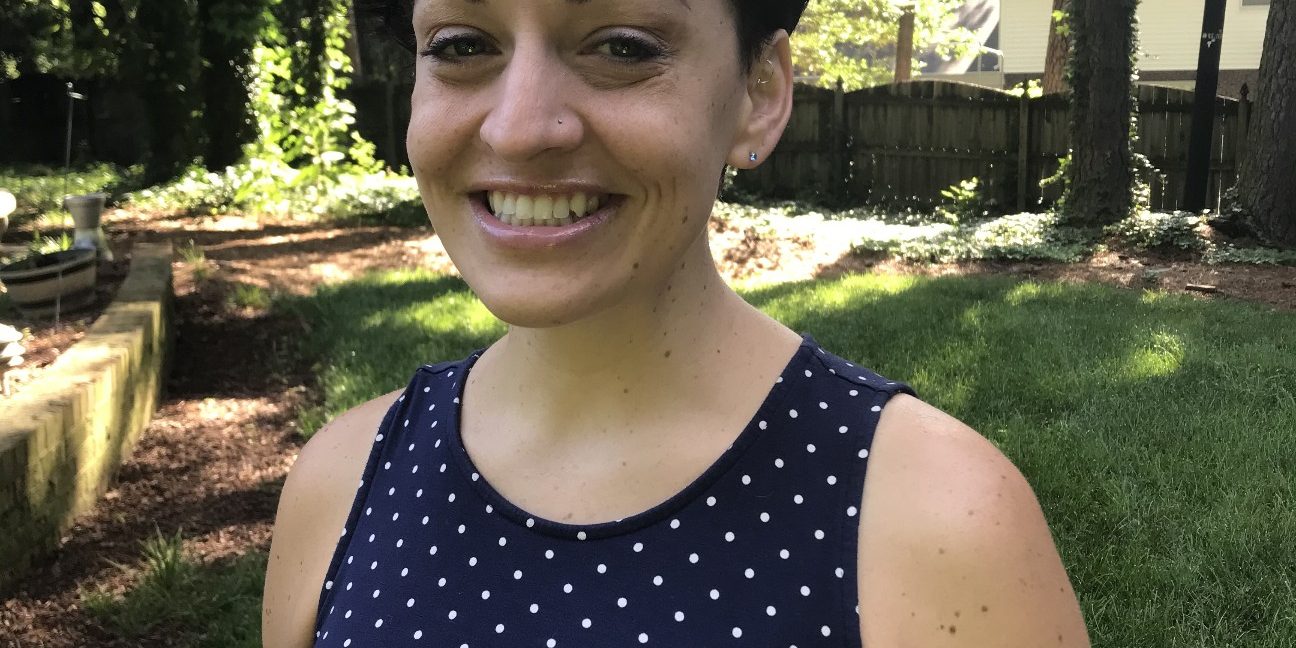The Changing Face of Grief and Loss in a Time of a Global Health Crisis
By Ashleigh Abercrombie, LCSW
Account Liaison, Heartland Hospice
Grief and loss are present for most of us regularly, ranging from the loss of a loved one through death to losing our job or even the loss associated with a child heading off to college. These are exaggerated in time of great stress. The current health crisis we are all effected by is not only exacerbating any grief and loss we were already experiencing but is also bringing about additional losses that many do not even recognize as such. Grieving the ability to be with friends and family, feeling the loss of safety in our environment, and the loss of social connections are a few of the less recognizable forms of loss that many are experiencing now.
Those of us who are attempting to navigate this new norm within the senior living community have found that those residents and families are at an even higher risk for experiencing grief related to isolation. This is compounded further for those with dementia as they are less likely to completely understand the reason for swift changes in their environment such as visitor restrictions and changes regarding meals and group activities that have become part of their daily routines. Families of assisted living and skilled nursing residents are in turn not able to be present to help their loved ones cope with these changes as they would surely prefer to do. Attempting to communicate via telephone, FaceTime or Google Duo is at times too complicated for those with dementia. These avenues of communication can also add an additional layer of confusion to our loved ones with dementia which only further complicates the situation. This can leave the resident and their loved ones feeling tremendous grief having to depend on care staff to provide updates and relay messages when just a short time ago they might have been visiting daily to ensure those connections stay fresh in their minds.
Another result of the many restrictions and ever-changing rules within senior living communities can lead to confusion for the family and caregivers in defining their role. This is especially true for our families that visit frequently, what used to be a weekly or even daily occurrence is no longer possible. Despite creativity with visits through 1-inch gaps in windows or utilizing video calls to conduct visits, the feeling of loss can be overwhelming. A shift in mindset and role definition takes place when one who defines themselves a caregiver is no longer able to give care in the traditional way. Many of our caregivers place a lot of importance on their role as caregiver and without being able to fulfill this role in the way they have been used to can lend to feeling not only the loss expected from the loss of physical connection and interaction but also the loss of identity as the caregiver.
The good news is that there are many things we can do to combat those feelings of grief and loss and keep it from overwhelming our lives. An important component is to first recognize these feelings and acknowledge the grief for what it is. One way to help alleviate these feelings is to continue to keep as much social connectedness as you can. This can be through online support groups with Zoom meetings, connecting with family and friends via phone or video calls, attending online church services, and writing letters or cards to loved ones to keep those connections strong. Ensuring your loved ones with dementia also have social interactions is very important as well. Keep communication open with facility staff to ensure there are programs in place that provide socialization while following the distancing requirements. Another way to assist is to focus on self-care by staying physically active, eating well, and getting plenty of sleep at night. Grief can lead to feelings of depression if not acknowledged and actively combated. Staying physically active and taking good self-care can alleviate these feelings before they become overwhelming. This is also true for our loved ones in care facilities, again more so for those with dementia who may not be able to express their feelings verbally. Lastly continue to show your loved ones that they are loved, and in turn ensure that you are feeling loved. It really is the simple things that mean the most such as letter writing even if those letters will be read by care staff to your loved one or bringing their favorite food with a note to show you love them.
It is important to acknowledge that despite our best efforts, at times these feelings can become overwhelming and impact our ability to function in our day to day lives. This would be the time to seek professional help to address these feelings. Please know that every one of us are feeling loss in one way or another during this unique time and asking for help is nothing to be ashamed of. You are not alone.
This health pandemic will pass however there will likely be long lasting changes in senior care facilities that may impact the way families and friends are able to maintain connectedness. Monitoring feelings of loss and staying on top of well being will surely help to weather this storm. This is especially true for our most vulnerable loved ones living in care facilities and especially those with dementia that will continue to need someone to advocate for them. Caregivers and family members continue to be essential in providing the best care for those with dementia despite the change in roles.



